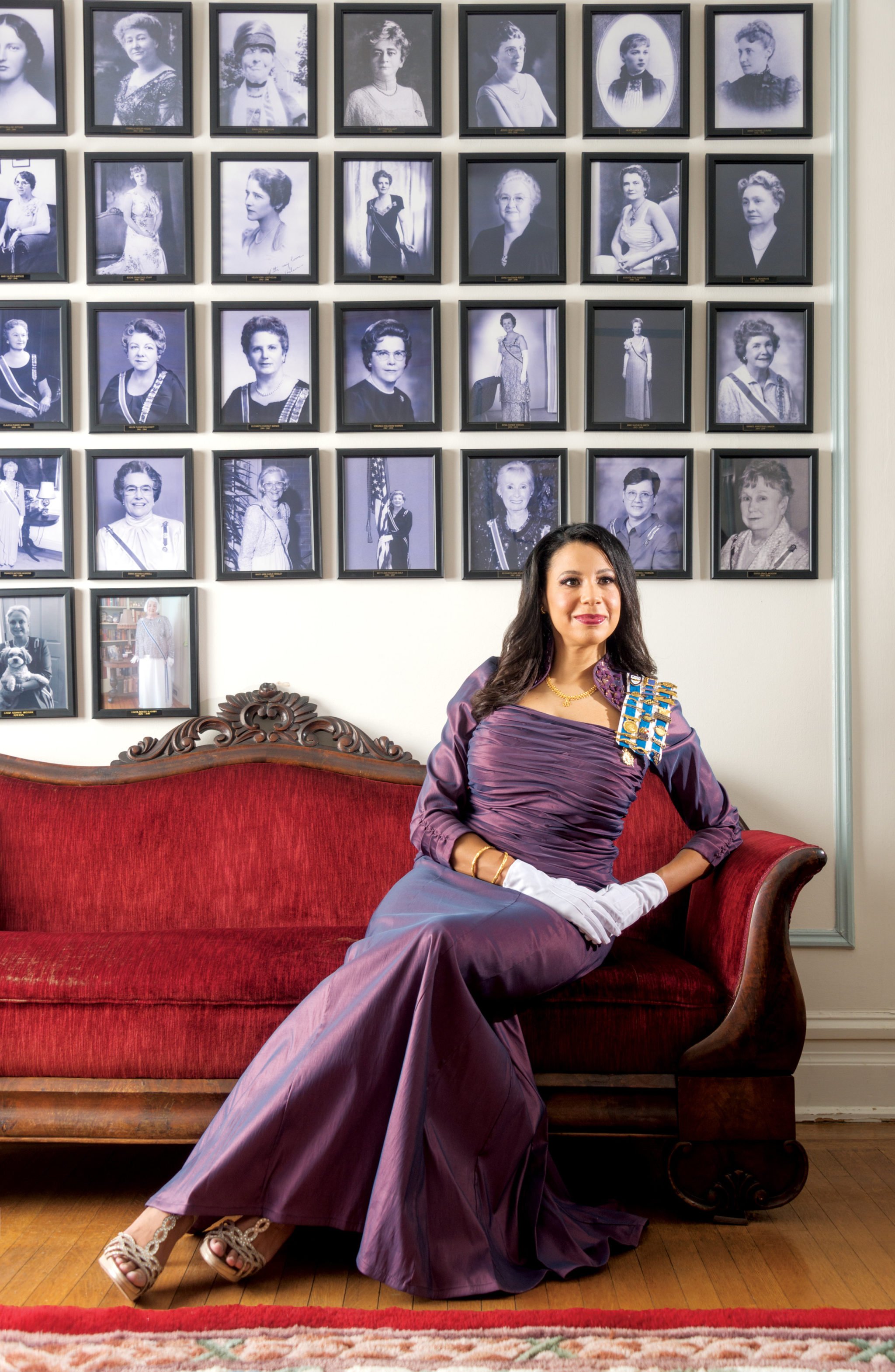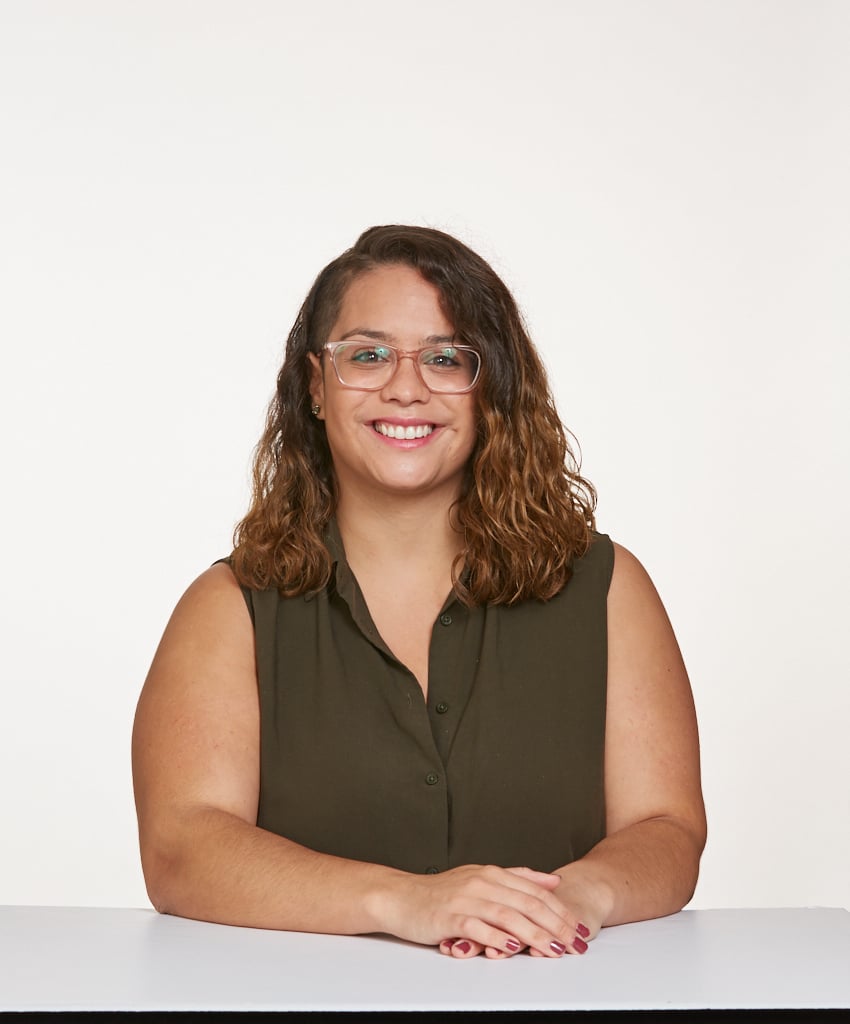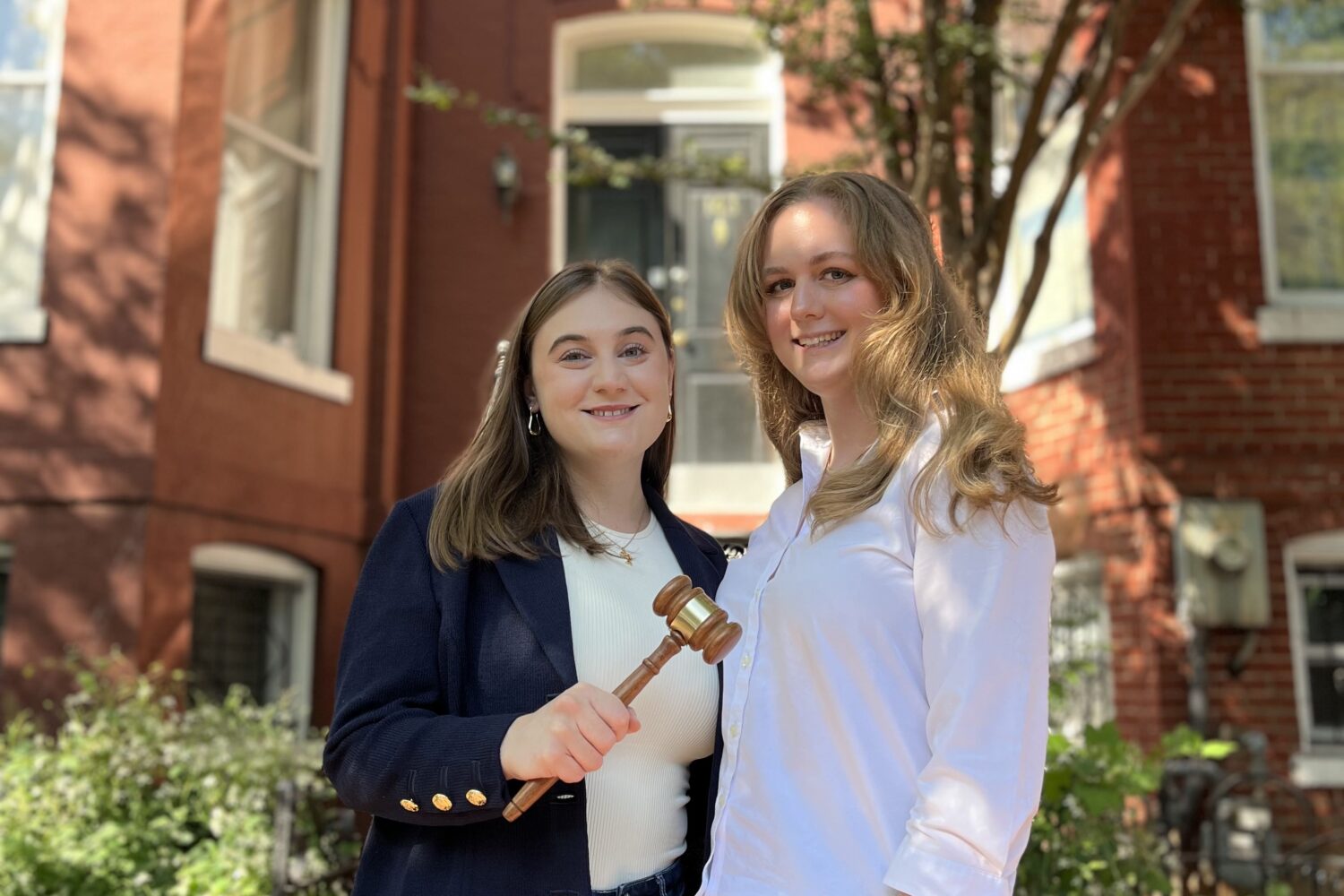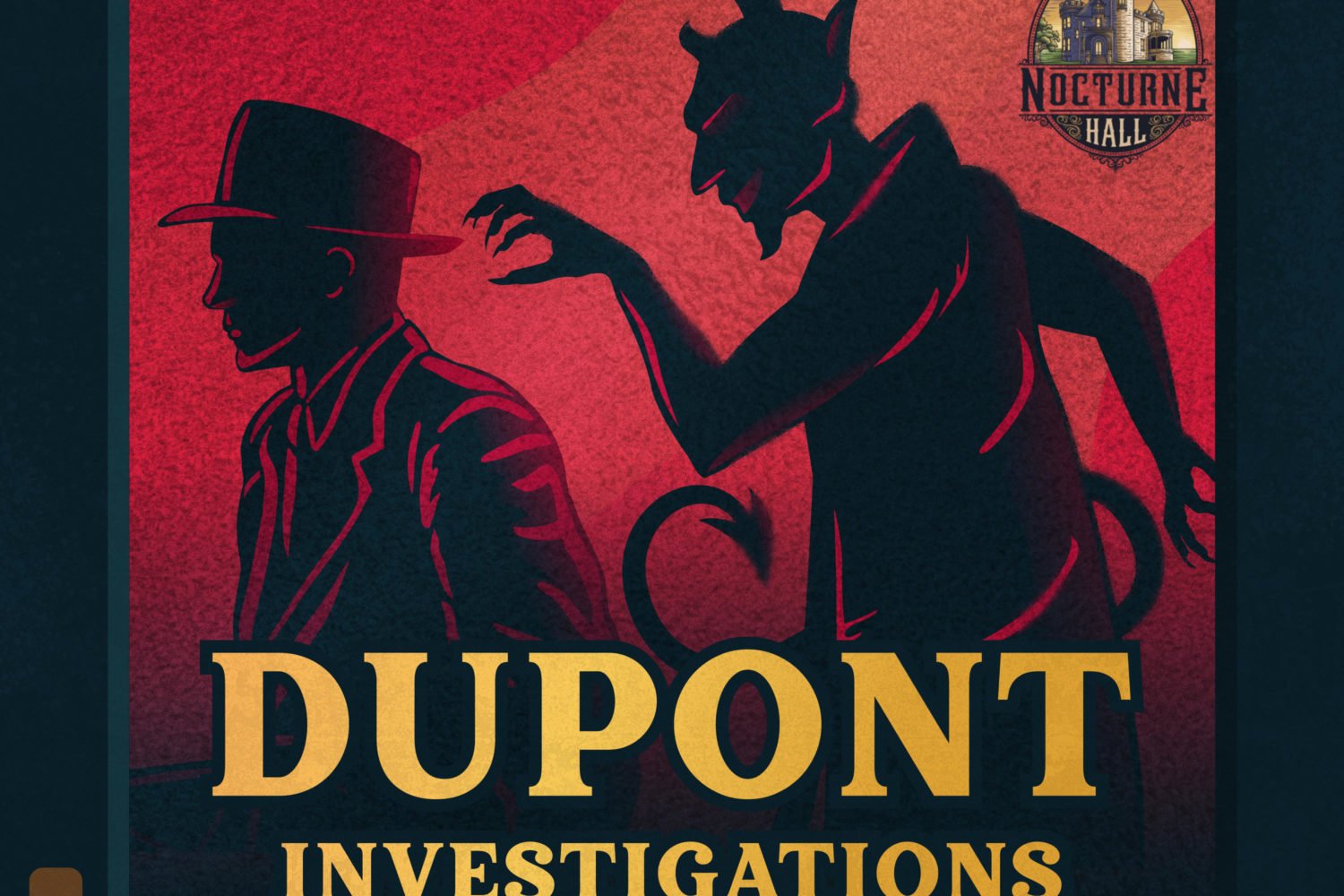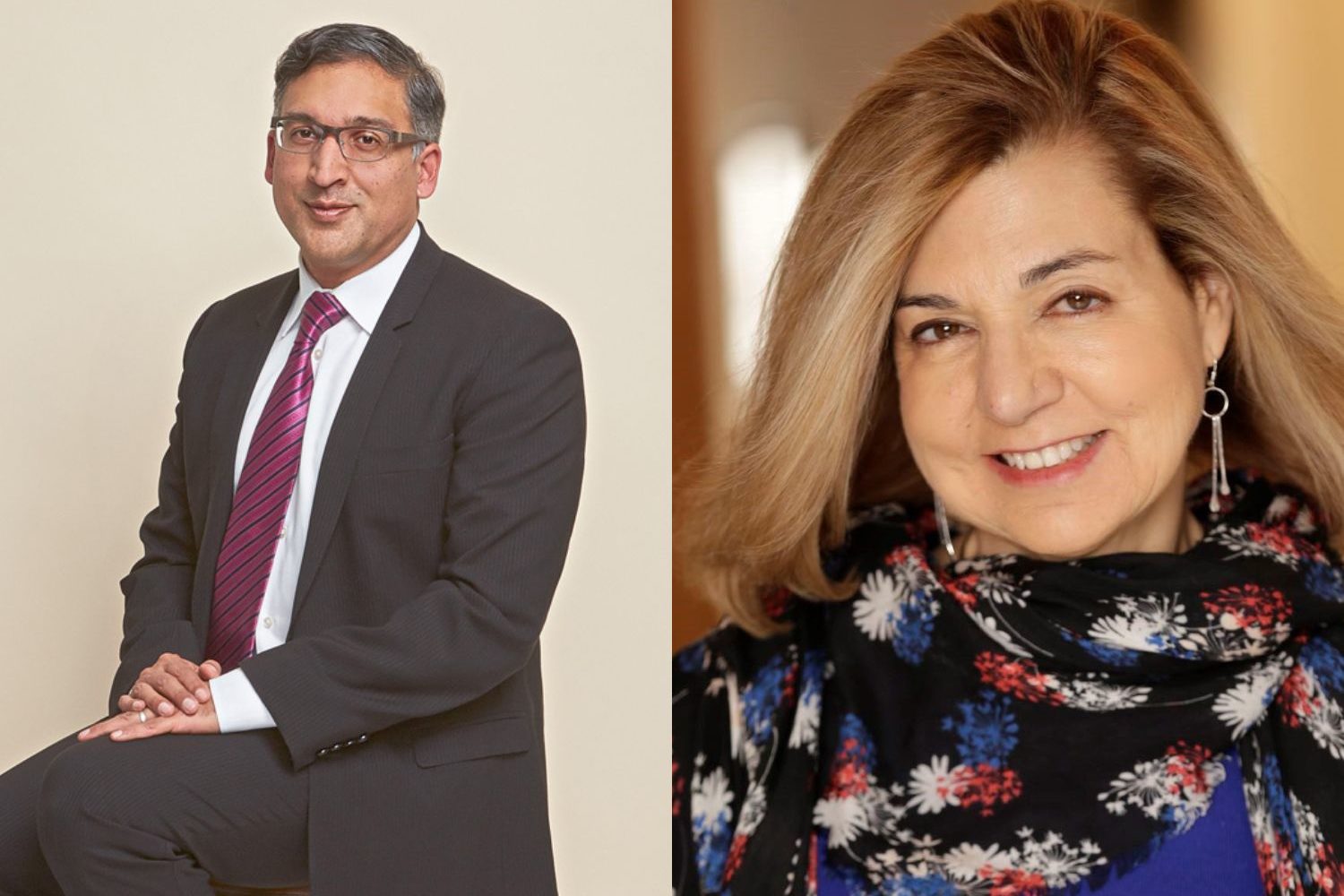Reisha Raney had never listened to a podcast when she decided to start one last year. A mathematician who runs a systems-engineering company in Fort Washington, Raney has, as a side project, spent years researching women of color who have joined the Daughters of the American Revolution. She was drawn to this topic for one obvious reason: Raney herself is a Black member of the DAR.
To Raney, the backgrounds of people like her—which often involve disturbing relationships between enslavers and the enslaved—represent an important aspect of our past. So after a two-week crash course in podcasting, she launched Daughter Dialogues, which features her interviews with current DAR members. “I had no expectation to ever run into any of these other Black women” in the society, she says. “We were so scarce that I expected to be the only one in the room all the time.” In fact, that hasn’t been the case; she has so far found and interviewed 22 women of color. Still, that’s a tiny fraction of the DAR’s 180,000-plus membership. (The group doesn’t keep track of racial demographics.)
Raney traces her own history to a cousin of Thomas Jefferson, Edwin Turpin, who purchased an enslaved woman named Mary and took her to Canada to marry her in the early 19th century; when news of their union leaked, their houses in Goochland County, Virginia, were burned down. Turpin freed his enslaved children in his will.
After joining the DAR in 2010, Raney found herself growing frustrated with acquaintances who would express surprise that Black women were in the organization. (The group has a long history of exclusion—most famously in 1939 when it wouldn’t permit Marian Anderson to perform at DAR Constitution Hall.) So she started looking for other Black members. In 2014, she was accepted as a nonresident fellow at Harvard’s W.E.B. Du Bois Research Institute and began her research in earnest. Ultimately, her oral histories will land in Harvard’s Schlesinger Library on the History of Women in America.
In the meantime, the podcast lets these DAR members share their stories. You can listen, for example, to a conversation with A’Lelia Bundles, whose book about her great-great-grandmother Madam C.J. Walker was the inspiration for the Netflix show Self Made. Bundles explains how her forebears built settlements for free people of color in Indiana. Or you can hear a woman named Joyce Mosley talk about a relative who in 1746 became one of Pennsylvania’s wealthiest women at the time, after inheriting 198 acres from the white man who had enslaved and freed her.
Raney believes these interviews help listeners grapple with our country’s origin myths. Black Americans “weren’t just brought here as enslaved Africans [who] never had a choice until they were liberated by Abraham Lincoln,” she says. “That’s not the whole story.”
Correction: A previous version of this article misstated the year Raney joined the DAR. This post has been updated to reflect the correct year.
This article appears in the April 2021 issue.

